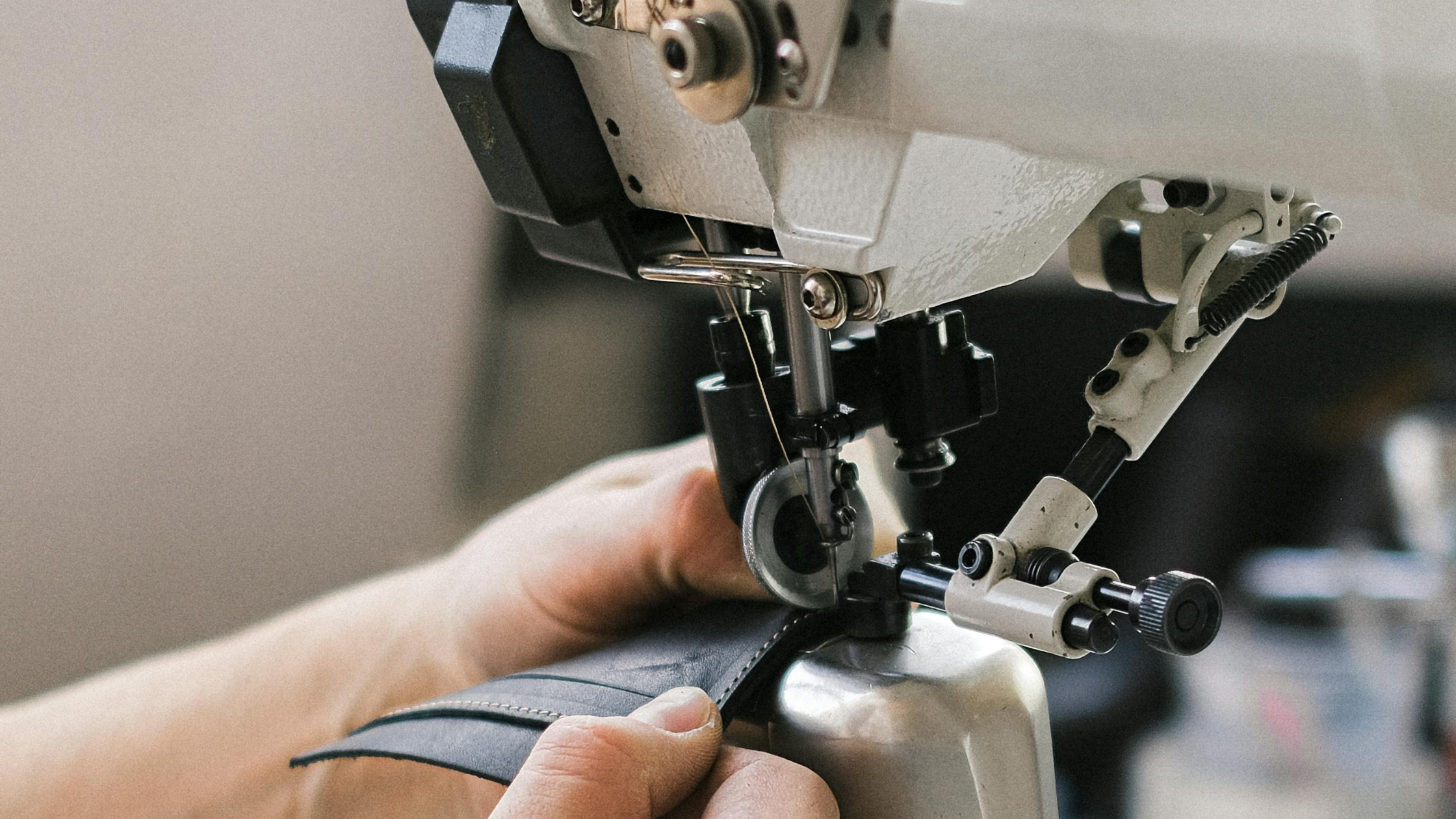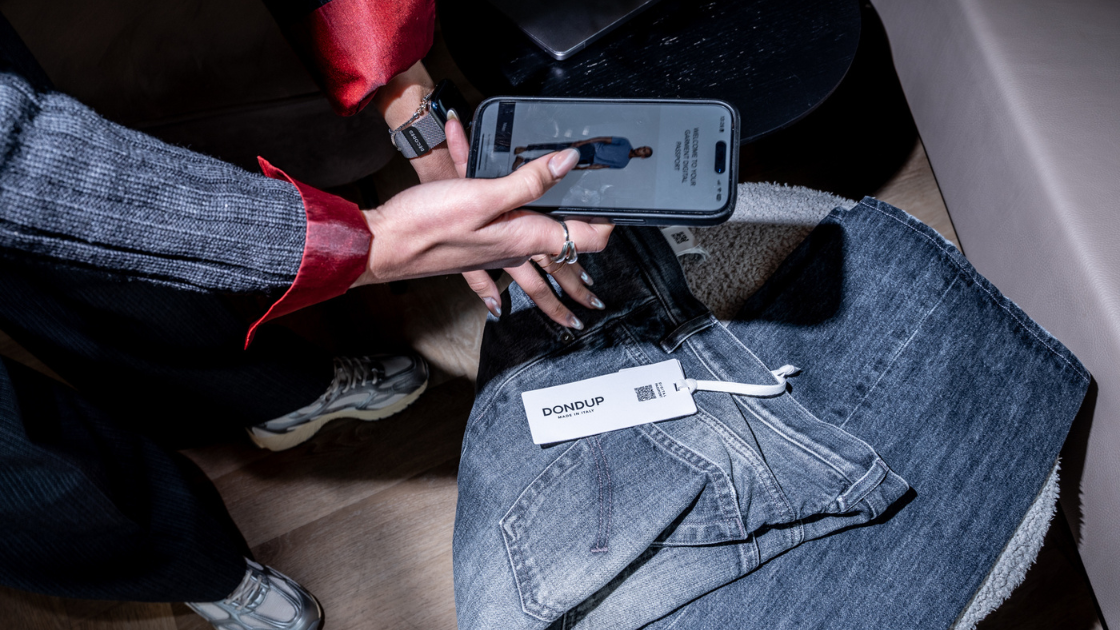Sustainability has become more than just a trend in the fashion industry; it is now a fundamental aspect of business strategy. European brands that prioritise sustainable practices are finding that regulatory compliance is essential to their success. However, the intricate web of regulations can be overwhelming.
Sustainable fashion brands are turning to automated compliance software to streamline their operations, ensure risk regulation and compliance, and enhance their environmental credentials. Regulatory compliance automation is transforming the industry, allowing brands to efficiently manage the growing burden of regulations while simultaneously improving their sustainability performance.
The Increasing Importance of Sustainability in Fashion
Sustainability has evolved from being a mere trend to a fundamental aspect of business strategy within the fashion and textile industries. In Europe, where environmental awareness is particularly pronounced, consumers are increasingly prioritising brands that demonstrate a genuine commitment to sustainable practices.
The fashion sector has long faced criticism for its substantial ecological and social impacts, contributing significantly to pollution and waste. Consequently, the demand for sustainable fashion has surged, prompting brands to integrate eco-friendly practices throughout their operations. Regulatory bodies in Europe are responding with stringent legislation aimed at minimising the industry's environmental footprint.
Meeting the regulatory demands is a challenge, especially for brands with complex global supply chains. However, sustainable fashion brands are beginning to leverage automated compliance software to ensure adherence to these new regulations without compromising operational efficiency.
What Is Automated Compliance Software?
Automated compliance software is a technology solution designed to help businesses manage regulatory requirements across their operations. For fashion and textile brands, this software automates the process of monitoring, documenting, and reporting on regulatory compliance, reducing the need for manual intervention and significantly lowering the risk of non-compliance.
By using automated compliance tools, fashion brands can track environmental, ethical, and safety regulations across various markets in real-time. The software is programmed to monitor changes in legislation and alert businesses to new or amended regulations that could impact their operations. In addition, it can generate automated reports and compliance audits, ensuring that brands are always prepared for inspections or stakeholder inquiries.
The Role of Regulatory Compliance Automation in Sustainability
Sustainability and compliance are intrinsically linked in the modern fashion industry. While many brands have committed to eco-friendly practices, keeping track of evolving regulations and ensuring that sustainability initiatives comply with these requirements can be resource-intensive and time-consuming.
This is where regulatory compliance automation plays a crucial role. Automated compliance software enables brands to integrate sustainability targets into their compliance frameworks, ensuring that environmental commitments are met consistently and efficiently.
By automating regulatory compliance, fashion brands can focus on achieving their sustainability objectives without being bogged down by the administrative burdens of manual compliance processes. This not only improves operational efficiency but also allows brands to demonstrate their commitment to sustainable practices in a transparent and verifiable way.
Benefits of Automated Compliance for Sustainable Fashion Brands
1. Enhanced Transparency and Trust
In the fashion industry, transparency is a key factor in building consumer trust. European consumers, in particular, are highly aware of the environmental and ethical issues associated with fashion production, and they increasingly seek brands that can prove their sustainability credentials.
Automated compliance software enables brands to collect and share data on their sustainability performance with consumers, regulators, and investors. By automating tracking compliance with environmental standards, brands can ensure that the data they present is accurate, up-to-date, and verifiable. This level of transparency helps build trust with stakeholders, which is essential for brands looking to stand out in a competitive market.
2. Risk Mitigation and Cost Savings
One of the most significant advantages of regulatory compliance automation is its ability to mitigate risks associated with non-compliance. Failing to adhere to environmental regulations can result in hefty fines, legal action, and damage to a brand’s reputation. Automated compliance software reduces this risk by ensuring that brands are always aware of new regulations and can take action to comply with them promptly.
In addition to risk mitigation, automating compliance processes can lead to cost savings. Manual compliance efforts often require significant resources, including labour and time, to ensure that all relevant regulations are being followed. By automating these tasks, brands can reduce their operational costs while maintaining a high level of compliance.
3. Supporting Supply Chain Sustainability
Sustainable fashion brands understand that their supply chains must be as eco-friendly as their finished products. However, ensuring that suppliers adhere to the same environmental and ethical standards can be challenging, particularly when working with suppliers in different regions with varying regulatory requirements.
Automated compliance software allows brands to monitor their suppliers’ adherence to sustainability standards in real time, ensuring that the entire supply chain is aligned with the brand’s eco-friendly values. This not only enhances the brand’s overall sustainability performance but also reduces the risk of reputational damage from non-compliant suppliers.
4. Facilitating Innovation and Continuous Improvement
Sustainability is not a one-time goal but an ongoing process of innovation and improvement. Automated compliance software helps brands stay ahead of new regulatory developments, enabling them to continuously refine their sustainability strategies. By automating the monitoring of regulatory changes, brands can respond quickly to new requirements and adjust their practices accordingly.
This flexibility allows brands to experiment with new sustainable materials, production processes, and technologies without worrying about falling out of compliance with evolving regulations. In this way, automated compliance tools can foster a culture of innovation within fashion brands, helping them to stay competitive in a fast-changing industry.
A Competitive Edge in a Crowded Market
The fashion and textile industries are fiercely competitive, with brands constantly vying for consumer attention. In Europe, where sustainability is a major purchasing criterion, brands that can demonstrate their commitment to eco-friendly practices have a distinct advantage.
Automated compliance software not only ensures that brands meet regulatory requirements but also allows them to showcase their sustainability credentials transparently and credibly. This can be a powerful differentiator in the marketplace, helping brands to attract environmentally conscious consumers and strengthen their reputation.
Moreover, by streamlining compliance processes and reducing the risk of non-compliance through effective risk regulation and compliance measures, automated compliance tools free up resources that brands can reinvest in sustainability initiatives. This allows them to continuously improve their eco-friendly practices, stay ahead of industry competitors, and meet the growing demands of regulators and consumers alike.
Conclusion
As sustainability becomes increasingly central to the fashion and textile industries, automated compliance software is emerging as a critical tool for modern brands. By automating regulatory compliance, fashion brands can streamline their operations, mitigate risks associated with risk regulation and compliance, and demonstrate their commitment to eco-friendly practices in a transparent and verifiable way.
In a crowded and competitive market, regulatory compliance automation provides brands with the flexibility and efficiency needed to stay ahead of industry trends while maintaining their focus on sustainability. For European fashion brands striving to lead the way sustainably, automated compliance software is not just an advantage—it’s a necessity.
At Renoon, we recognise the difficulty in identifying the right tools to effectively adopt and scale traceability solutions to comply with regulations while gaining competitive advantage.
We have an open and collaborative approach with businesses and solutions, integrating with many of them.
Reach out to book a demo here.








.png)
.png)


.png)
.png)


.png)
.png)

.png)

.png)
.png)
.png)


.png)
.png)
.jpg)
.png)






.png)


.png)
.png)













.png)
.png)
.png)

.png)
.png)
.png)
.png)
.png)


.png)
